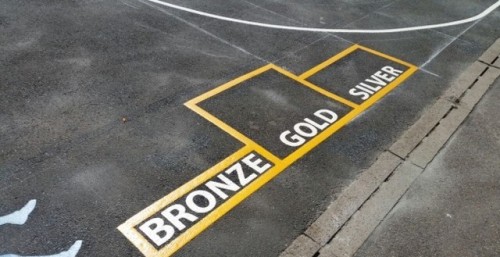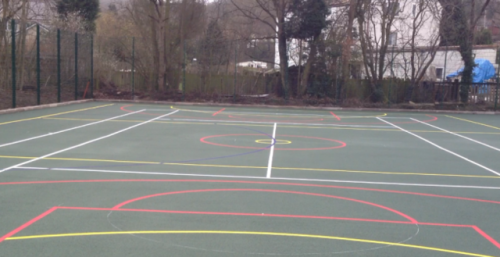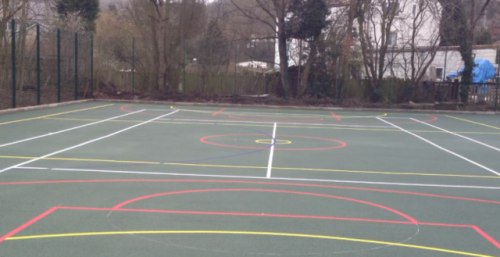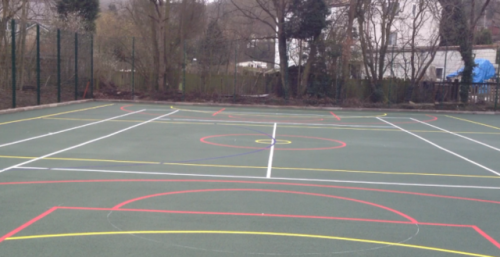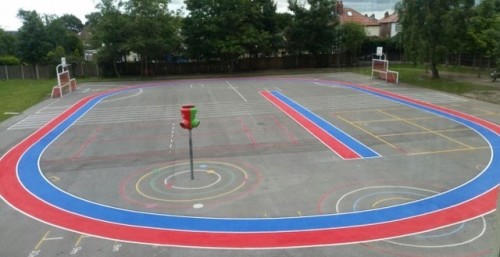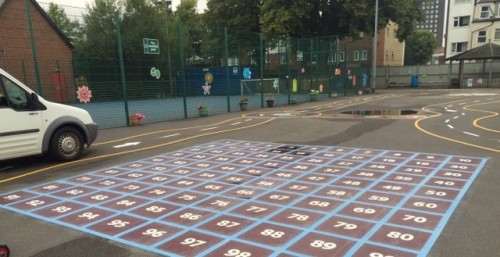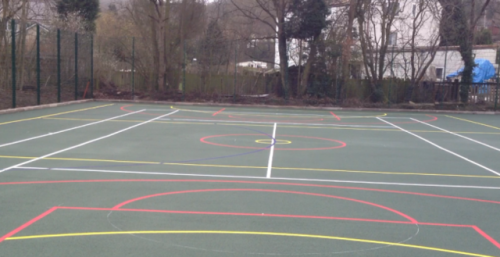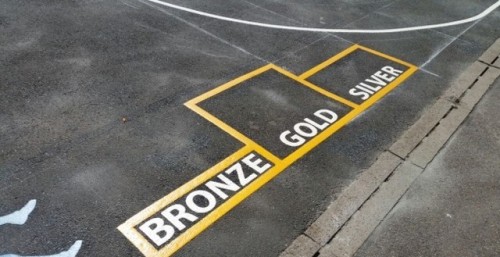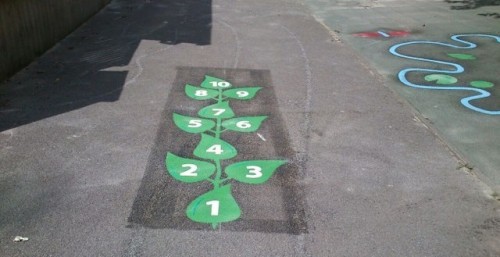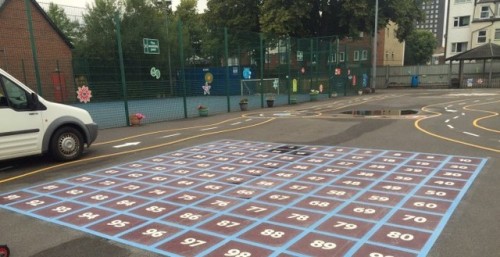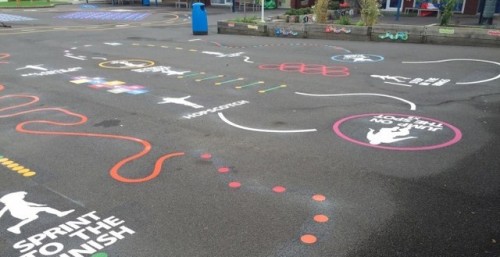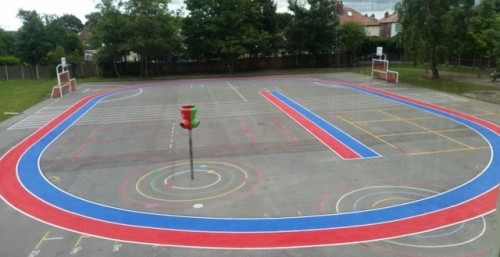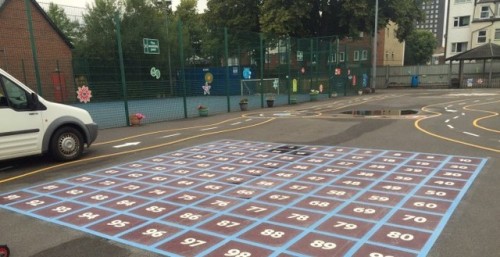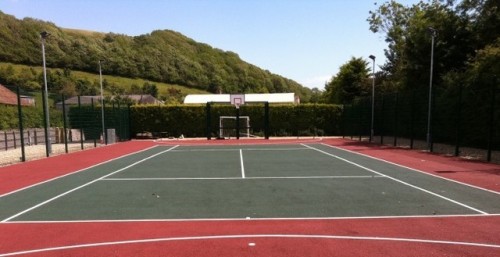Rose Westall is a UNISON member who contacted us last year to tell us about the demise of her local park. “It’s already isolating being a first-time mum in a village” she says, “now it’s even harder having no play facilities.”
“The play area has been closed since December 2016 due to vandalism of a small area, not the whole site. I have chased this up with the clerk and was told it would be sorted by March. It hasn’t.
“What makes it especially hard is we live in a rural village and all other parks are at least a 15-minute drive away.”
Rose isn’t the only one to witness the demise of her local park, and new data shows more could be about to follow suit.

UNISON used Freedom of Information laws to ask local authorities about how much they were spending on parks, and found that the future is not looking rosy.
More than half (59%) of the 172 councils that responded are cutting their budgets for parks and green spaces, with £15 million being slashed 2016/17 and 2018/19.
It’s not really a surprise. Local authorities are struggling to fulfil their statutory responsibilities, such as social care and children’s services, because of cuts from central government funding. And this is having a knock-on effect to other services, including parks.
As well as people living in rural areas, like Rose, the demise of parks is affecting those in cities too. As Christina Egan from London put it: “Life in London has become so stressful – due to pressure at work, ever longer or slower commuting, substandard accommodation, and overcrowding – that we need our parks to survive.”
Christina also points out how important parks are to the environment. “London’s green spaces also improve the air – without them, the city would not be habitable at all any more. When I walk along the roads, I sometimes double over coughing from the toxic exhaust fumes. I only dare to breath properly in the parks!”
The cuts to park budgets are also impacting the people who work in them. Sixty local authorities have reduced parks staffing levels since 2016, with an overall loss of around 275 workers. That’s 275 fewer people to do basic, but vital jobs like open and close parks on time, close them, keep them clean and safe, check everything is working properly, and maintain park services.
So, while the weather stays good, and the parks are usable, you should probably stop reading this and enjoy your local park while you can.
The article The future for parks is not looking rosy first appeared on the UNISON National site.
from RSSMix.com Mix ID 8239598 https://www.unison.org.uk/news/ps-data/2018/07/future-parks-not-looking-rosy/
via IFTTT
source https://childrensplayareadesigns.tumblr.com/post/176484673377



